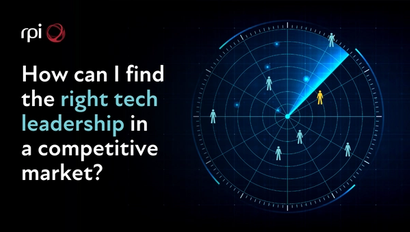What is the Metaverse? It might be an interface, it might be a virtual reality, or it might well be the next form of the internet. In truth, nobody really knows what the metaverse is or will be, and for that reason, it inspires a lot of scepticism. That’s healthy when a much-hyped concept exists mainly hypothetically.
However, telcos also need to beware of ignoring something that may be the future — no business wants to be the one who didn’t see the writing on the wall. Imagine how you’d feel now if you’d dismissed the internet as a fad or an over-hyped computer toy.
Instead of trying to predict what the metaverse will be, telcos are in a unique position to decide what it will be. Here’s how they can shape the metaverse and place themselves at the centre of it.
Connection
The most obvious synergy between telcos and the metaverse is connectivity. Telcos are already doing much of the kind of work that will support the metaverse, and ‘all’ it will need is a scale-up.
Let’s say that the metaverse realises its wildest ambitions, and it becomes a second reality in which we (in avatar) shop, play, work, and relax in a virtual world that’s a digital facsimile of our analogue one. The amount of data required to maintain that infrastructure, and for a user to take part in it, will be almost incomprehensible to most.
That kind of data provision is not deliverable from a standing start. Which businesses except telcos have the experience, infrastructure, and knowledge to provide commercially available data at scale?
Transferring and scaling security expertise
Where telcos also have a rare pedigree is security. The breadth, scale, and nature of the data that telcos hold mean that they already carry enormous responsibility and resist frequent attacks. Again, it’s a matter of scaling a business’s capabilities rather than learning new ones.
Imagine that the metaverse is the spiritual successor to the internet as we know it. That would mean it will one day be the platform through which we do almost everything. Every reservation, every distance communication, every payment, and every leisure activity would touch the metaverse at least a little. If a security breach disrupts our lives now, imagine how devastating it would be if it infiltrated the alternative reality where we lived much of our lives.
Telcos are especially sensitive to the needs of consumer security, and are already among the world’s experts in protecting it.
Driving innovation
If telcos are investing heavily in the metaverse and the data support that it demands, there will have to be complementary innovation in things like hardware. For the metaverse to operate as a ‘reality’ of its own, the interface will need to be different from the standard screen.
As it stands, the most obvious ‘gateway’ into the metaverse, or any VR experience, is a headset. They themselves are prime candidates for development, and it’s easy to see how they can become smaller, lighter, and perhaps more casual in their use, more like regular classes. Then, there will be user interfaces we haven’t yet considered or discovered.
When telcos drive change in that area, there’s a wealth of commercial opportunities that come along with it. Not only partnerships with manufacturers and exclusive products, but bundle deals for consumers, much like the data, call minutes, and handset bundles that are currently on offer for mobile customers.
Shaping the metaverse itself
Telcos will be an indispensable contributor to the function of the metaverse, and that integral position will allow them to guide its development.
The same pattern follows as above — telcos have a background in monetising data and crafting offerings for products and services that are inextricable from consumers’ daily lives. There will be few better authorities on how to make the most commercial and desirable metaverse possible, and other businesses will look to the telco sector for support, partnership, and guidance.
To reiterate, telcos don’t need to guess the shape of the metaverse and their role within it, they can determine it for themselves.
Doing so will take exceptional commercial vision, technical expertise, and leadership. Your peers are already in the race to attract talent with those qualities, so find a partner whose heritage and candidate network give you an unfair advantage in the search. Contact RPI today: people@rpint.com



